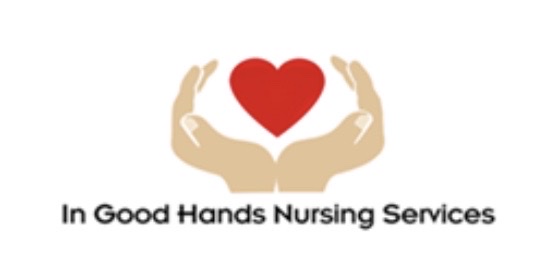CNA CLASS INFO
2023 Schedule
Every Tuesday Thursday 5p-9p
CNA/GNA class held on Sundays from 9am – 2pm (no class on Easter April 9th
OUR NEXT CLASS IS STARTING IN SEPTEMBER

COURSE DESCRIPTION
The CNA/GNA training program prepares students to be healthcare workers in health care settings such as doctor’s offices, hospitals, long-term care, and nursing homes. The CNA/GNA certification program meets all the state training requirements and consists of classroom instruction, lab hours, and actual patient care at a clinical facility. Upon successful completion of the course, students will take an exam to qualify for nurse assistant certification. This course prepares students to function in the role of a nursing assistant under the supervision of a registered nurse (RN) or licensed practical nurse (LPN) and is designed to meet the curriculum requirements set forth by the Maryland Board of Nursing and Maryland Higher Education Commission. The CNA/GNA certification program is 100 hours in length. It is divided into theory, laboratory and clinical components. The theory component (classroom) is 44 hours, the laboratory component is 16 hours, and the clinical component is 40 hours. The length of the course is six weeks.
Theory (classroom) – 44 Hours
This part of the CNA/GNA course is designed to provide students with the necessary knowledge needed to perform basic patient care services for patients and residents under the supervision of a licensed nurse. Students enrolled in the CNA/GNA certification program are taught principles of hygiene and grooming, basic anatomy and physiology, nutrition, medical terminology, principles of toileting, principles of infection control, communication techniques, measuring of vital signs, and other topics.
Laboratory – 16 Hours
Along with lecture, students enrolled in the CNA/GNA certification program are taught practical hands-on skills. To ensure our students have mastered these skills, the school has doubled the minimum required hours from 16 hours to 35 hours. This has helped boost the confidence of our students and has empowered them to become the best CNA/GNA possible. Some of the practical skills learned in the CNA/GNA certification program include:
- Transferring, ambulating, positioning, and moving patients
- Measuring vital signs and weight
- Performing personal hygiene and grooming
- Feeding
- Hand washing
- Bed making
Clinical – 40 Hours
Students enrolled in the CNA/GNA certification program are required to complete a 40-hour clinical externship. This 40-hour clinical externship will occur in a long-term care facility in the Baltimore area and is affiliated with the school. During this clinical externship you will gain hands-on practical experience under the guidance and supervision of a registered nurse. Due to the pandemic, this portion will take place onsite at the school.
Daytime CNA/GNA Training Program Schedule
- 6 weeks in duration
- Lectures (Classroom), Lab and Clinical are face-to-face. Please note: This is a fast-paced program, which will require students to spend about 6-10 hours of additional time outside of class completing and submitting online assignments.
- Classroom hours – Monday, Tuesday (9 am – 1 pm); Wednesday (9 am – 12 pm)
- Lab hours – Monday, Tuesday, Wednesday, Thursday (10 am 2 pm)
- Clinical hours – Monday thru Friday (8 am to 5 pm) includes l hour for lunch
Enrollment Requirements (Due before or on first day of program)
- A Photo ID and SS card or Tax ID number.
- Proof of High school diploma, transcript, GED or pass the Wonderlic Basic English Test.
- Pay the $100.00 registration fee at the time of registration.
- Proof of a health physical examination performed within 9 months of start date.
- Proof of Immunization records or blood titers for Hepatitis B or a signed waiver form.
- Proof of a Tuberculosis skin test or Chest X-Ray performed within 6 months of start date.
- Proof of a negative COVID-19 test performed within 7 days of start date and/or Proof of complete vaccination.
- Acceptable background check.
- CPR certification from American Heart Association or American Red Cross. For those interested.
Please Note: You are not required to have a high school diploma to register for the traditional CNA/GNA training program.
